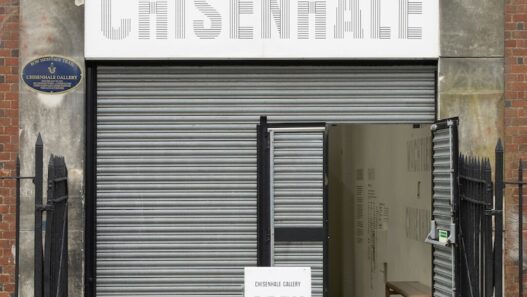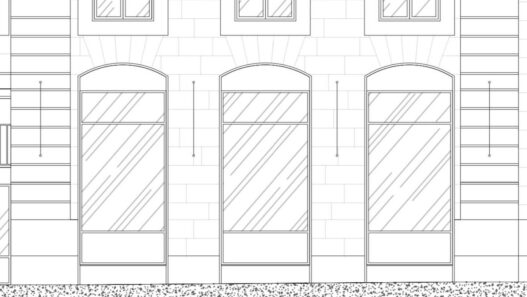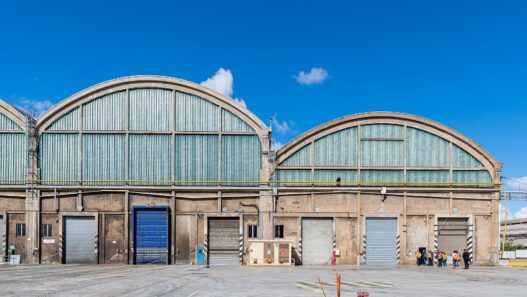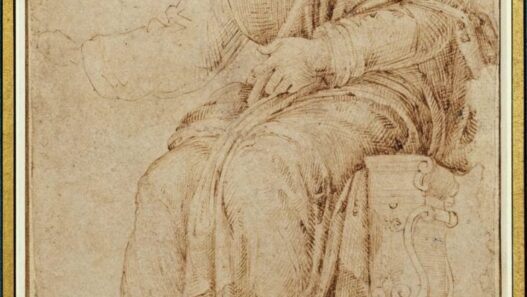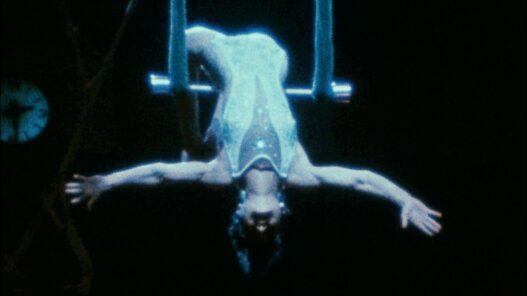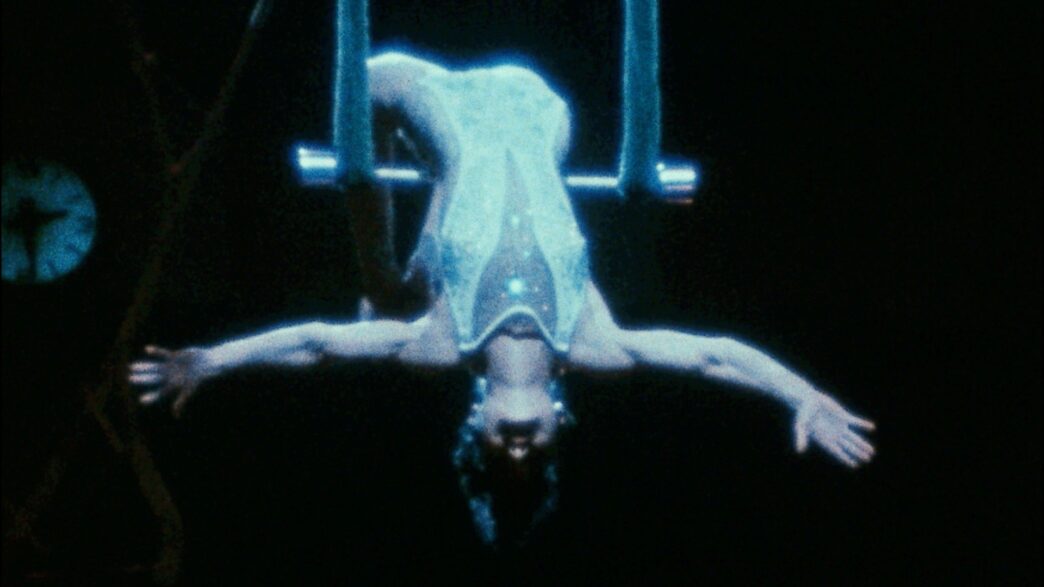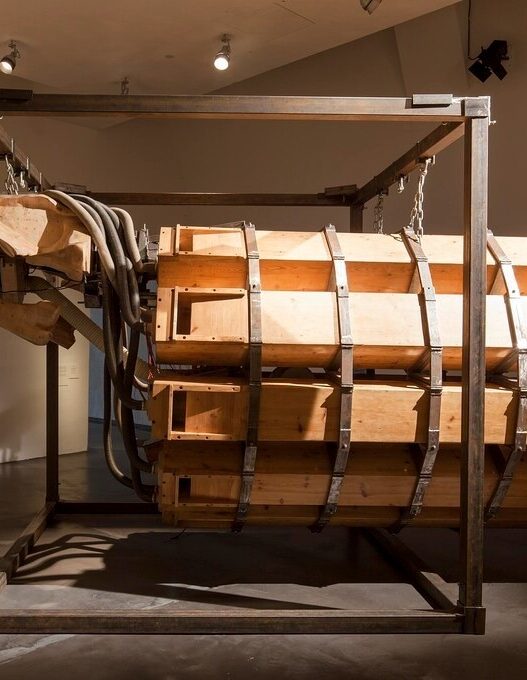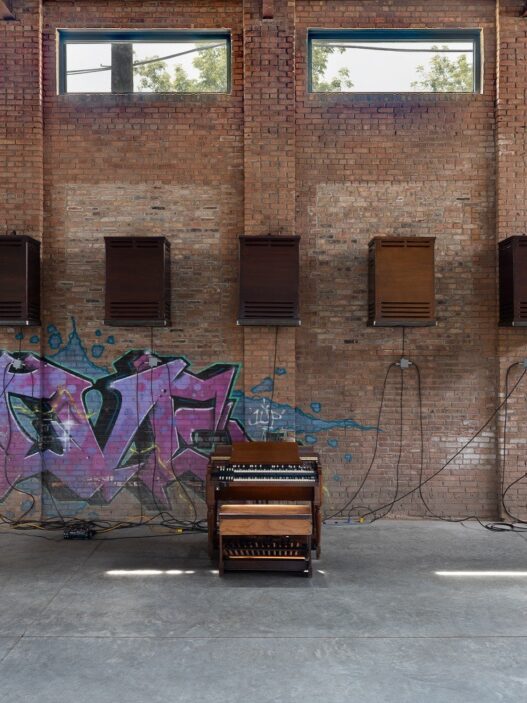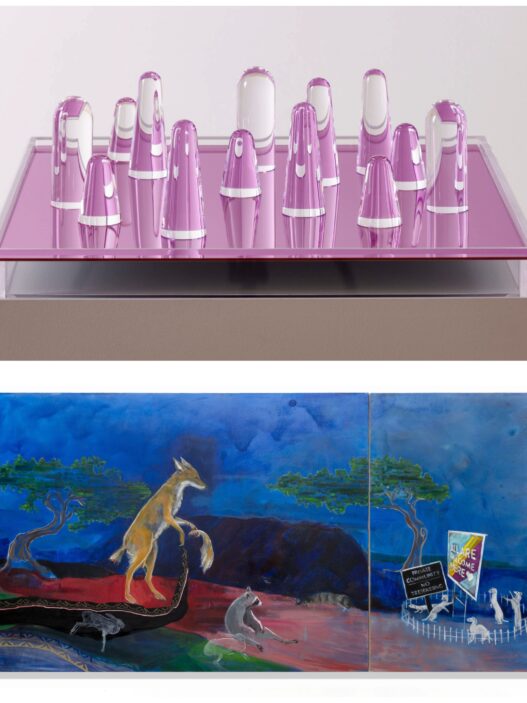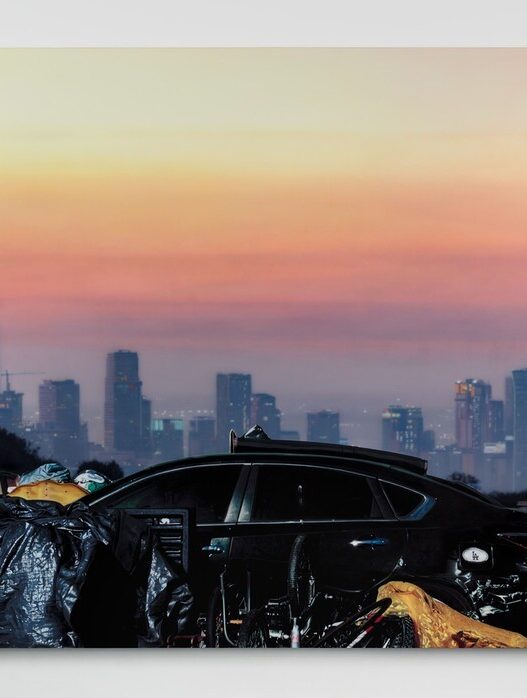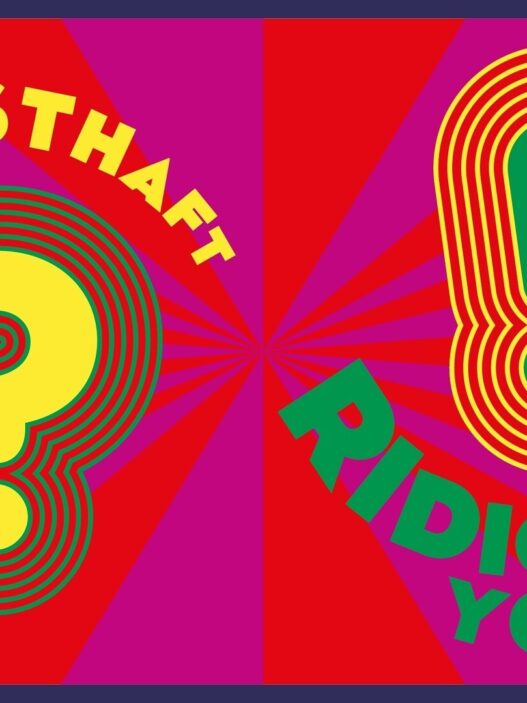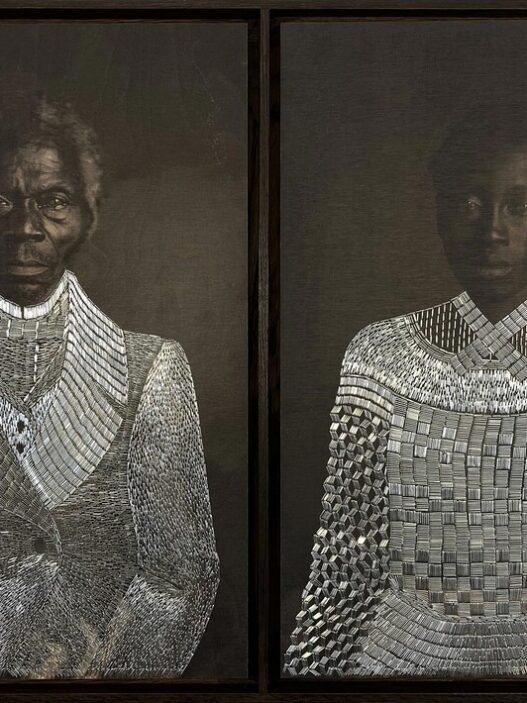November 9, 2022–February 26, 2023
The 70-year career of avant-garde filmmaker Jonas Mekas is the subject of the retrospective exhibition Images Are Real. The exhibition, which includes a number of pieces from the 1950s to the late 2010s, depicts the Lithuanian artist’s profession as a Dantesque journey flowing from the inferno of history to bliss through a daily practice in filmmaking.
Jonas Mekas (Birai 1922–New York 2019) created art that is an ode to life in all of its complexity. In the artist’s films, the camera transforms into a journal where intensely personal moments are captured. Each instance is depicted in a non-narrative montage that resembles poetry. Mekas, who was born and raised in the village of Semenikiai, lived through the horrors of World War II in his early 20s. He was imprisoned by the Nazis in the Elmshorn labor camp in 1944, and over the four years that followed the war’s end, he was moved to refugee camps.
The Brig, a movie adaptation of a Living Theatre performance that won the artist the Grand Prize at the Venice Film Festival, is resonant with this sensation of servitude. The piece is displayed alongside other pieces like Ein Märchen aus alten Zeiten, a movie depicting the Twin Towers’ collapse after the 9/11 terrorist attacks, and Purgatorio, a photographic series capturing the early postwar years.
The Mekas-supported diary-style cinema is the result of a stoic exercise in paying attention to joyful moments in daily life. Walden, the artist’s first diary film, which is now displayed here in the shape of a two-screen installation, serves as the manifesto of this never-ending search for utopia. After arriving in the country as a displaced person in 1949, Mekas soon acquired his first Bolex camera. The artist soon started a busy career as a cinema critic, producing Film Culture magazine and penning the Movie Journal column for the Village Voice. The New American Cinema Group, which he organized around the Filmmakers Cooperative and the Anthology Film Archives, was formed at the same time as he began making films, serving as its impetus.
The show, which features a parade of photographs taken from the movie Birth of a Nation and the product of research done by the artist and the curators, attests to the network that Mekas was able to construct around an idea of cinema arrayed against Hollywood gigantism. The artist, who traveled nonstop, was able to turn his uprooting into cosmopolitism long before globalization. This is evident in the movie Travel Song, where it is presented as a “quartet.” Mekas’ work is perpetually avant-garde and cannot be categorized by a certain time period; rather, it develops alongside the development of cinema as a medium. The artist posted his journal online a few months after YouTube went live, foreseeing the future of moving pictures before many others. In 2007, he produced and shared a video online for each day of the year as part of his monumental film performance known as the 365 Day Project.
The life itself, which moves in time with the camera, serves as the standard for Jonas Mekas’ art. In an Instant It Came Back to Me is a gigantic piece made up of 768 still images culled from the artist’s collection. Life is transformed into a picture on the thirty-two glass windows. An full existence is shown to us image by image. The life of a Lithuanian immigrant who altered film history.
Curated by Francesco Urbano Ragazzi.
Mattatoio
Piazza Orazio Giustiniani, 4
00153 Rome
Italy
[email protected]


